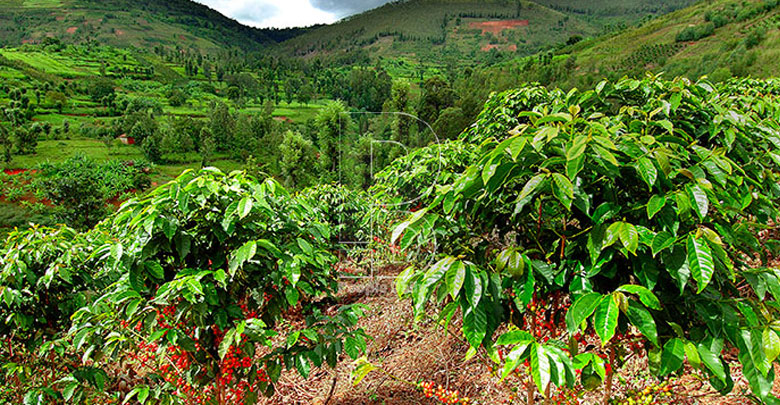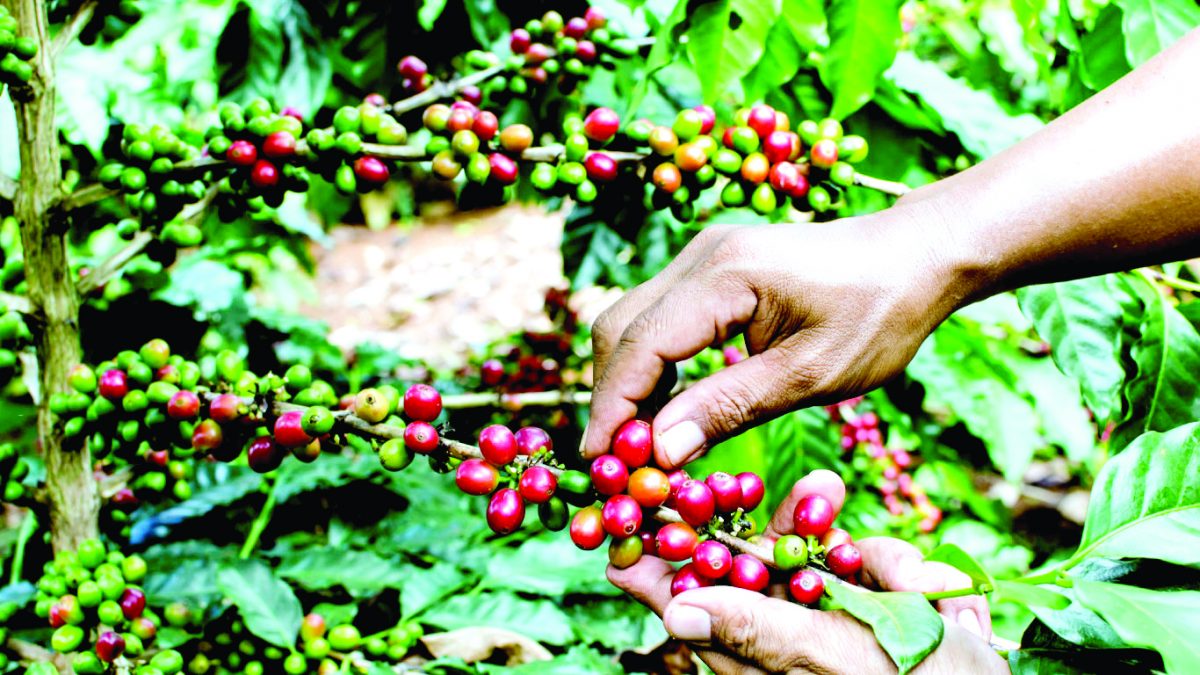Increase in global coffee supply shrinks local farmers earnings

Farmers’ earnings from coffee will drop by about Sh3 billion this year due to increased supply of the commodity in the global market, the Agriculture and Food Authority (AFA) has said.
This comes in the wake of new regulations which seek to tame price manipulations by brokers.
Projections by AFA for the coffee year ending September 30, show that the commodity is likely to earn the country an estimated Sh20 billion down from Sh23 billion in the 2017/18 year.
AFA says that this year, there has been reported increased supply from leading producers like Brazil, Vietnam, Ethiopia, Colombia and Uganda.
Low demand
“The glut is mainly due to increased production and low demand,” said the interim head of coffee directorate at AFA Isabella Nkonge.
Nkonge says Kenyan coffee, which is known for its strong aroma and unique taste, still remains the much-sought-after brand globally as it is used to blend other brands from other countries.
However, reduced earnings for farmers pose more threat to the sustainability of coffee sector in the country and this could lead to further decline in production. It is estimated that there are some 700,000 small-scale and large-scale farmers involved in coffee farming in Kenya.
Coffee sector accounts for about 25 per cent of annual gross domestic product and another 27 per cent indirectly from agro-based industries and services with small-scale farmers contributing the most. This means small-holder farmers are responsible for more than three-quarters of Kenya’s coffee production.
Crops (Coffee) General Regulations (2019) which were enacted on July 1, however, bring new hope to farmers who remain a disgruntled lot due to low returns. The regulations will among other things, allow the Capital Markets Authority (CMA) to regulate coffee auction so as to bring transparency in trading.
Industry players in the entire coffee value chain have been placed under the control of CMA which will licence the Nairobi Coffee Exchange (NCE) and brokers acting as selling agents for farmers. All industry players, including county governments, cooperatives and traders will be required to digitise their operations within the next one year.
Loss of interest
Coffee trading is marred with price manipulations by unscrupulous brokers who work in cahoot with buyers to mark down coffee prices at NCE so as to fetch astronomical profit margins at the global market.
Speaking in Mombasa during the launch of preparations for the 18th African Fine Coffee Conference and Exhibition scheduled to be held in February next year, Nkonge said coffee production in Kenya is on decline mainly due to loss of interest by farmers.
“Our farmers are cutting down coffee plantations due to low returns. We are focusing on speciality markets because this will earn farmers more thus reigniting their interest in coffee farming,” she said.
Urbanisation that has led to shrinking in land for housing in towns has seen farmers cut down bushes to pave way for real estate. Aging farmer populations and youths averse to agriculture and threats from climate change have also been cited as other causes for the decline.
Growth of populations around major towns in Central and Nairobi has placed huge pressure for owners of the farms in this area to convert their acreages to other economically viable activities including construction of housing estates, horticulture farming and factories.











